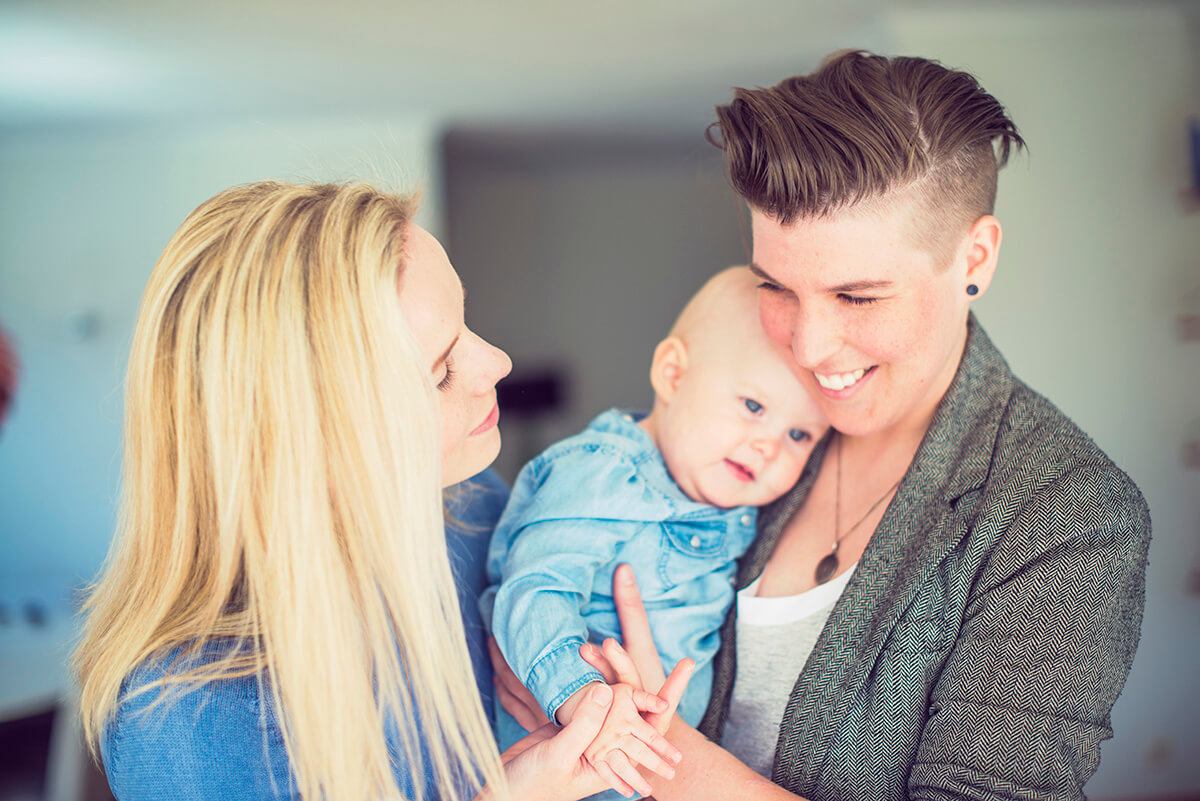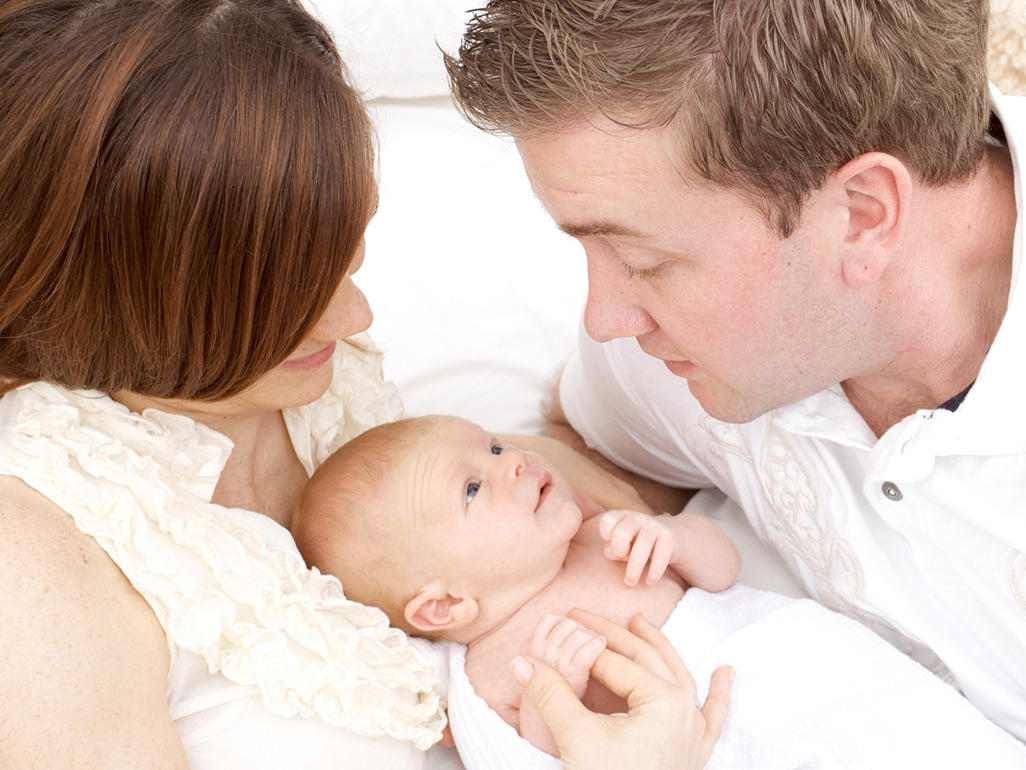Egg Donation with egg donor Service LLC
Many women are unable to become pregnant with their own eggs. This can be caused by advanced maternal age, premature ovarian failure or the presence of a genetic condition. However, using special technique of In Vitro Fertilization, they may be able to become pregnant with donated eggs from another women (Egg Donor).
Egg Donor Service, LLC is an Egg Donor Agency specializing in unique matching services for prospective Asian parents (Egg Recipients) to select their preferred Asian Egg Donors and fulfill their dreams of having children and families. Being an egg donor is a very serious decision, the process involves extensive times and efforts for the entire donation process. This introduction will help you understand the process before your decision of becoming an Egg Donor.
Criteria
- Women with Asian Heritages between the ages of 20 to 30, reliable, dependable.
- In good health, free of infectious/communicable diseases and genetic diseases.
- Not having obtained any tattoos, body piercing or blood transfusions within the past 12 months prior to initiating an egg donation.
- Have at least High School diploma.
- Not take any illegal drugs or smoke cigarettes. Urine toxicology tests will be completed during the screening process to confirm abstinence.
- Have a flexible schedule and able make all necessary clinic appointments. Donors will require to attend appointment in fertility clinics for about 8 times during 6-8 weeks. Most fertility clinics offer such appointment at early morning 7-10am.
- Donors who matched with Recipients who work in a fertility clinic out of state will be required to travel to clinics or hospitals for approximately 5-10 days for the egg donation monitoring and retrieval. (all travel cost will be paid for donor).
- Donors are responsible for updating their availability, any changes of their contact information and health condition with us.
Matching Process
- Once AA Surrogacy Services LLC receives donor's completed profile and photos. Our staff will contact the donor for an interview or phone consultation to review the process and address all your questions and concerns. Donor will be accepted in our Donor Pool upon satisfaction.
- The Donor's profile/photos can be reviewed by Egg Donor Service LLC Recipients through a password protected Egg Donor Service LLC online donor database with no identifying information, such as Donor's name, address, contact information, etc. Recipients may ask additional questions of the Donor that are not addressed in her profile.
- Agency staff will contact the donor when Recipient couples show interest in selecting her as an egg donor. It is difficult to estimate the length of this waiting period (anywhere from days to months).
- The recipients profile can be presented to the Donor without any identification information, so the Donor able to get a sense of whom she will be donating to, and which fertility clinic that she will be working with.
- The Donor and Recipients will then sign an egg donation agreement. This agreement will address all the legal implications of the egg donation process, including the legal responsibility of both parties, compensation agreement terms, ownership of eggs resulting from the donation, etc.
- Once the agreement has been signed, the Donor starts donor screening process.
Screening
Once the matching process is complete, Donor will be scheduled to have screening appointment in a recipient fertility clinic or a local clinic convenient to the Donor. The Recipient's fertility clinic/physician will determine exactly what type of screening the Donor must undergo. Screening process is mostly done during one office visit, and this visit may require a few hours presence in the clinic. The Donor screening may include the following:
- Medical Screening: May include doctor consultation, blood tests (HIV/ hepatitis test, syphilis, blood type), pap smear/cervical culture, urine drug screening test. Very often, donors will require to have a hormone blood test on 2nd or 3rd day of her period together with a vaginal ultrasound to check her ovarian and reproductive function. This screening is to confirm that the Donor is medically healthy and qualify to donate.
- Genetic Screening: Genetic tests can be done mostly by blood tests to investigate whether the Donor is a carrier of genetics diseases, such as Cystic Fibrosis, thalassemia, etc.
- Psychological Screening: Psychological evaluation is mostly conducted by a psychologist or social worker to ensure that the Donor is aware of all the psychological implications of the egg donation process. This screening will also help determine whether the Donor is psychologically prepared to become a Donor.
- Partner Screening: If the Donor has a sexual partner, the partner may also be required to undergo blood tests to screen for sexually transmitted diseases.
Cycle Process
Once the Donor successfully passes all screening tests, egg donation cycle begins. It may take average about 4-6 weeks. Donor cycle process may vary among clinics. In general, it involves cycle synchronization, egg stimulation and egg retrieval phases.
- Cycle Synchronization: Egg Donor and Egg Recipient require to synchronizing their menstrual cycle at the beginning of donation process. In general, this process can be done by taking birth control pills at the 3rd day of their menstrual cycle.
- Egg Stimulation: At a normal menstrual cycle, only one mature egg is released from the ovary. However, in egg donation process, it is necessary to obtain multiple mature eggs in order to achieve possible recipient pregnancy. Hormone daily self injections will be instructed by clinic staff and administered for about 2 weeks. This hormone is similar to the hormones that women's body produced naturally during each menstrual cycle, but in a higher strength. Therefore, there will be multiple eggs become mature at the time of egg retrieval.
- During this phase, donor may or may not experience soreness, redness or mild bruising around the injection site; moodiness, tender breasts, enlarged ovaries and mild weight gain. Occasionally, the medications may cause "ovarian hyperstimulation syndrome," or OHSS. In mild OHSS, you may have abdominal pain, pressure and swelling. This should go away after donor's next period following the egg retrieval. In rare cases (1-3%), hospitalization may become necessary.
- The Donor will be required to be monitored frequently at clinic for blood tests and vaginal ultrasound during hormone injections to evaluate the development of the egg follicles and ensure that the donor medication administrated appropriately. Some clinics require that most of these monitoring to be completed at their site, whereas other clinics may allow the Donor to be monitored at a clinic convenient to her until the last few days of the cycle. Most clinics offer such monitor in early morning 7-9 am.
- Egg retrieval: Once physician determines the egg follicles become mature, donor will be scheduled for an egg retrieval procedure. During this procedure, mature eggs are removed from the donor. The Donor will be placed under intravenous sedation. Eggs are aspirated by a physician via a long needle through vaginal wall under vaginal ultrasound guidance. The entire retrieval takes approximately 15-20 minutes. The process does not involve cutting or suturing, and is done under anesthesia, the Donor would feel falling "asleep" during this procedure.
After the procedure, the Donor will remain at the clinic for 1-2 hours to recover from the anesthesia. Then she can return home with an arrangement of assisted ride. The Donor will be expected to rest for the remainder of the day, as she may feel some bloating, cramping, or vaginal spotting for 1-2 days. She may take Tylenol for the discomfort. Once the eggs are retrieved, they are combined with the male recipient's or Donor's sperm to fertilize as many embryos as possible.
Most Donors resume normal activity without strenuous physical activity the next day after the retrieval procedure.
Expenses
As a Donor, Recipients are responsible for the expenses incurred as a result of the egg donation cycle, in addition to donor compensation, other expenses are included as follows:
- All Medical Expenses
- Agency and legal Fee
- Accidental Donor Insurance (Purchased through Agency or Fertility clinics to cover potential complications that require doctor visit or hospitalization during and 3 months after the egg donation process)
- Travel Expenses (if travel is required for the egg donation) such as gas for excessive mileage (more than 50 miles), airfare, hotel room, taxi/shuttle and meal reimbursement.




